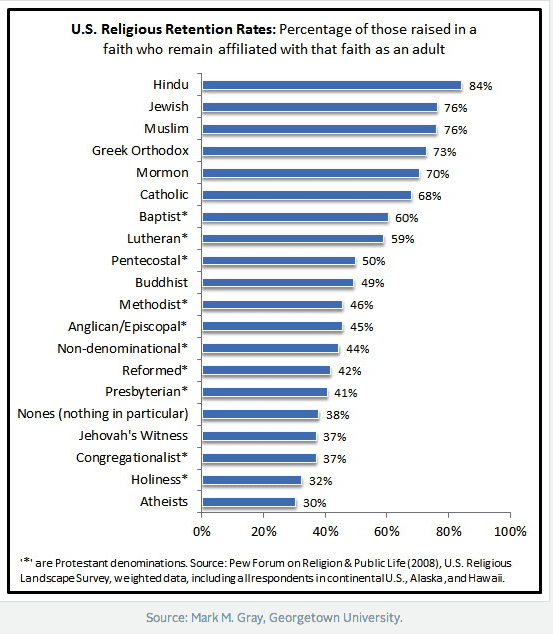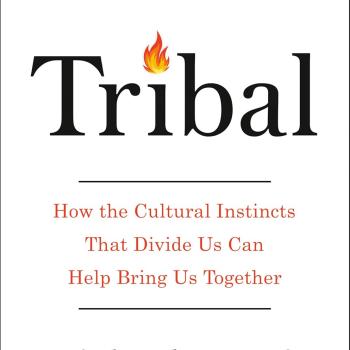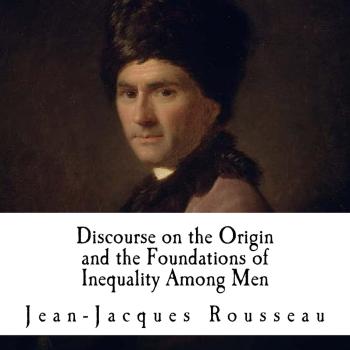What do you think of this graph?
 Scot McKnight posted this over at Jesus Creed and found it confirming of a few points I often write about. Two things stand out to me from this graph.
Scot McKnight posted this over at Jesus Creed and found it confirming of a few points I often write about. Two things stand out to me from this graph.
(1) Religious and Ethnic Identity
Those in the top four religions listed above tend to closely link ethnic/national identity with religious faith. Thus, “To be Indian is to be Hindu.”
The tendency should ring a warning bell once again for church. For example, in evangelism, ethnic identity is no small issue for be people who hear the gospel. I sometimes get the impression that some Americans have little patience to talk about such things, perhaps because of the eagerness to put behind them the ghosts of slavery days past. That’s just a guess; it’s certainly only part of the explanation.
In other words, “earning salvation via good works” is not the main obstacle to faith for a lot people. I’ve written on this before. For such people, their first question is not “what must I do?”; rather, it is “who should I be?”
As an aside, this dynamic should help people take more seriously the importance of the “New Perspective on Paul” (NPP) debate. I’ve often talked about this debate from a Chinese perspective. It is anything but an “academic” discussion. It is extremely relevant for the church’s ongoing ministry around the world.
(2) Collective Identity
Broadly speaking, there is a decreased emphasis on collective identity as one descends down the list.
Atheism is inherently individualistic in the sense that it reduces people to little for than a mass of atoms. Mormonism and Catholicism lay great stress on one’s collective identification. Tradition is an important element in ensuring conformity to the group.
What can we learn from this?
The graph freshly reminds us of the importance of the Church. Christ does not simply call us to himself; he gathers us into his Church. We do not merely leave our family of birth (whether literally or figuratively); rather, we join our truest and larger family. Christ’s brothers and sisters comes from among every nation and culture. It is allegiance to Christ––not ethnicity or tradition––that binds us together.
God has designed it so that God’s people, the Church, should be a primary means by which He draws the nations to Christ.
Notice Christ’s appeal in Luke 18:29–30,
“Truly, I say to you, there is no one who has left house or wife or brothers or parents or children, for the sake of the kingdom of God, who will not receive many times more in this time, and in the age to come eternal life.”
(This is one of the major ideas emphasized in my “Christian Political Witness” series).
Graphs like these once again give us reason to reconsider the individualistic emphasis of most evangelistic presentations I’m aware of.





















